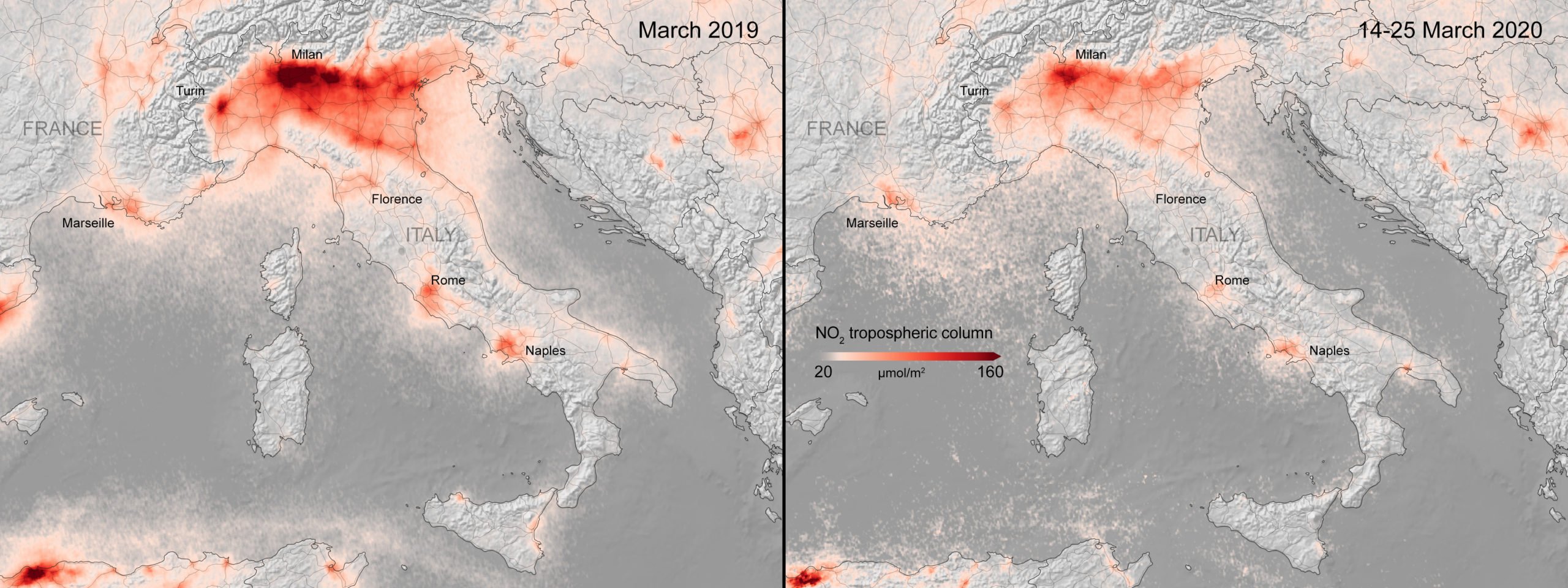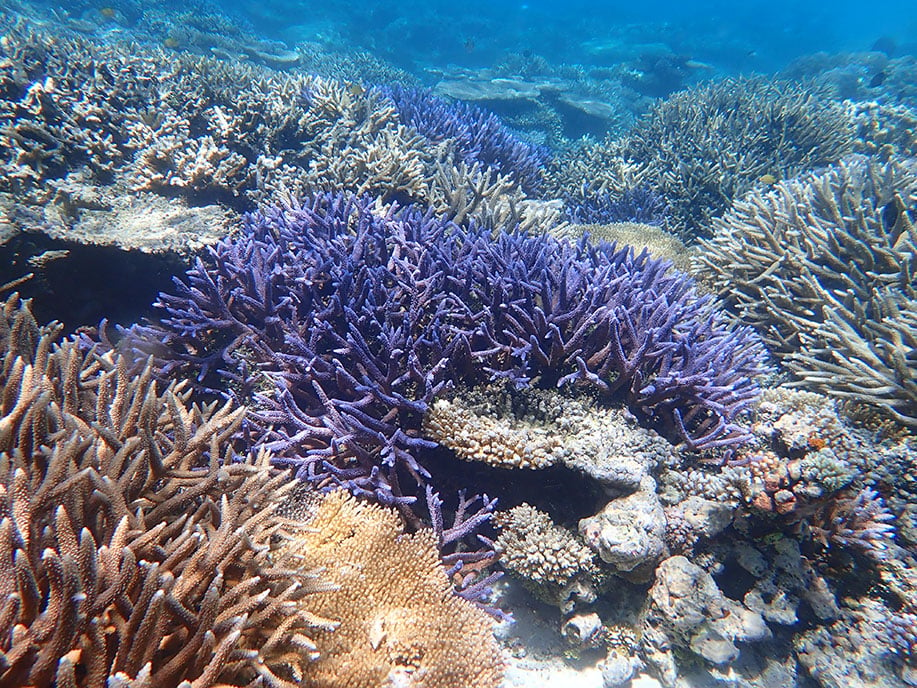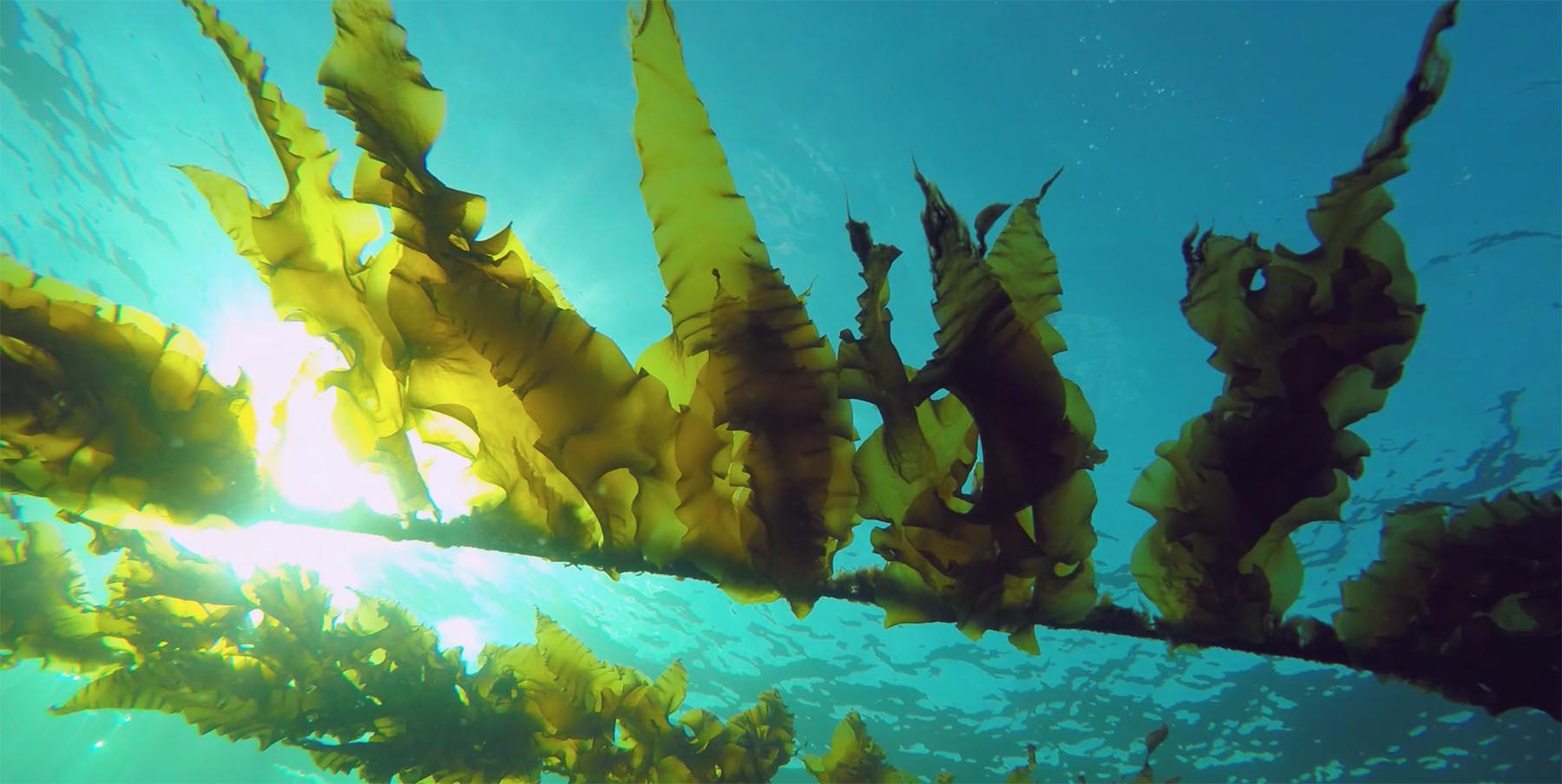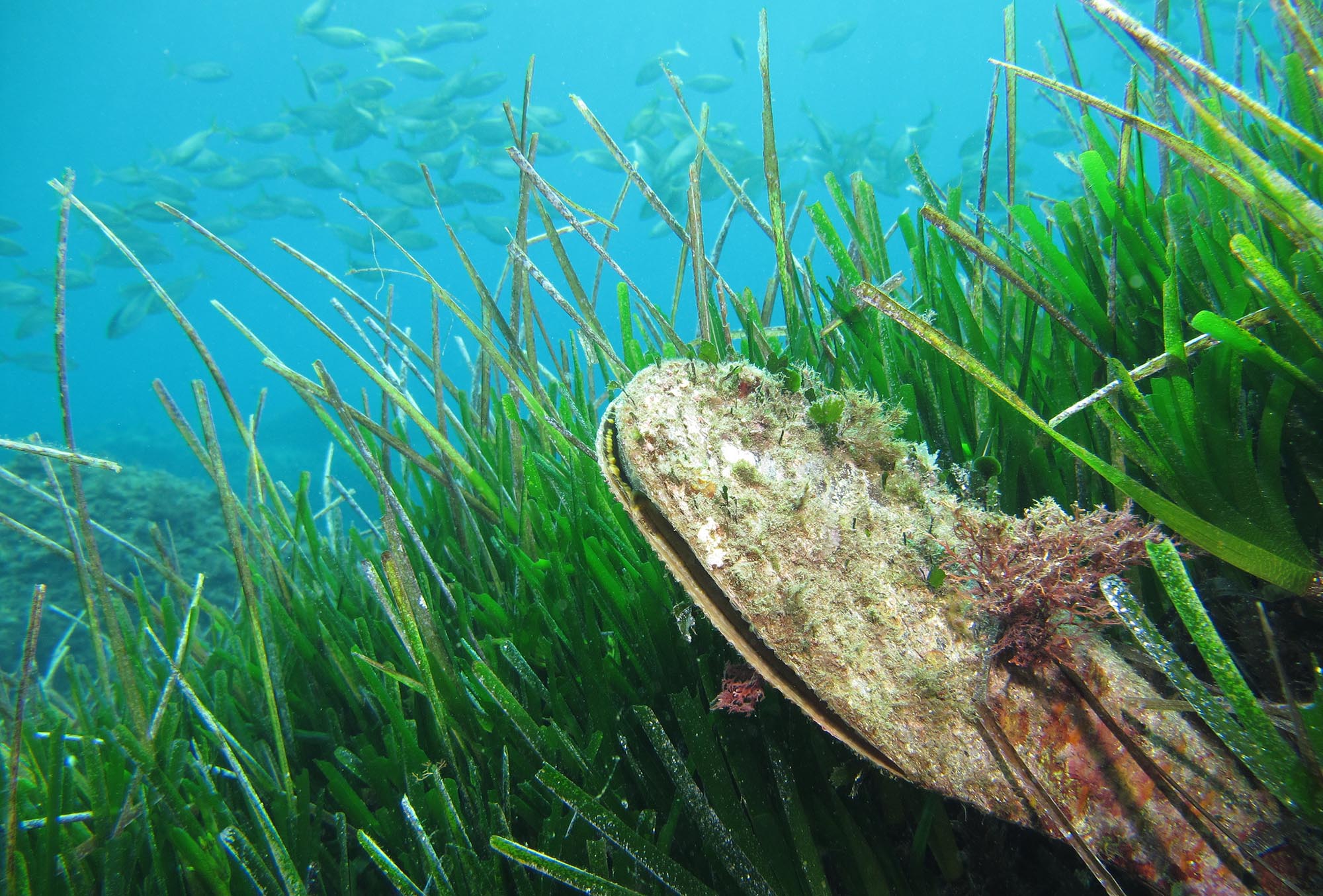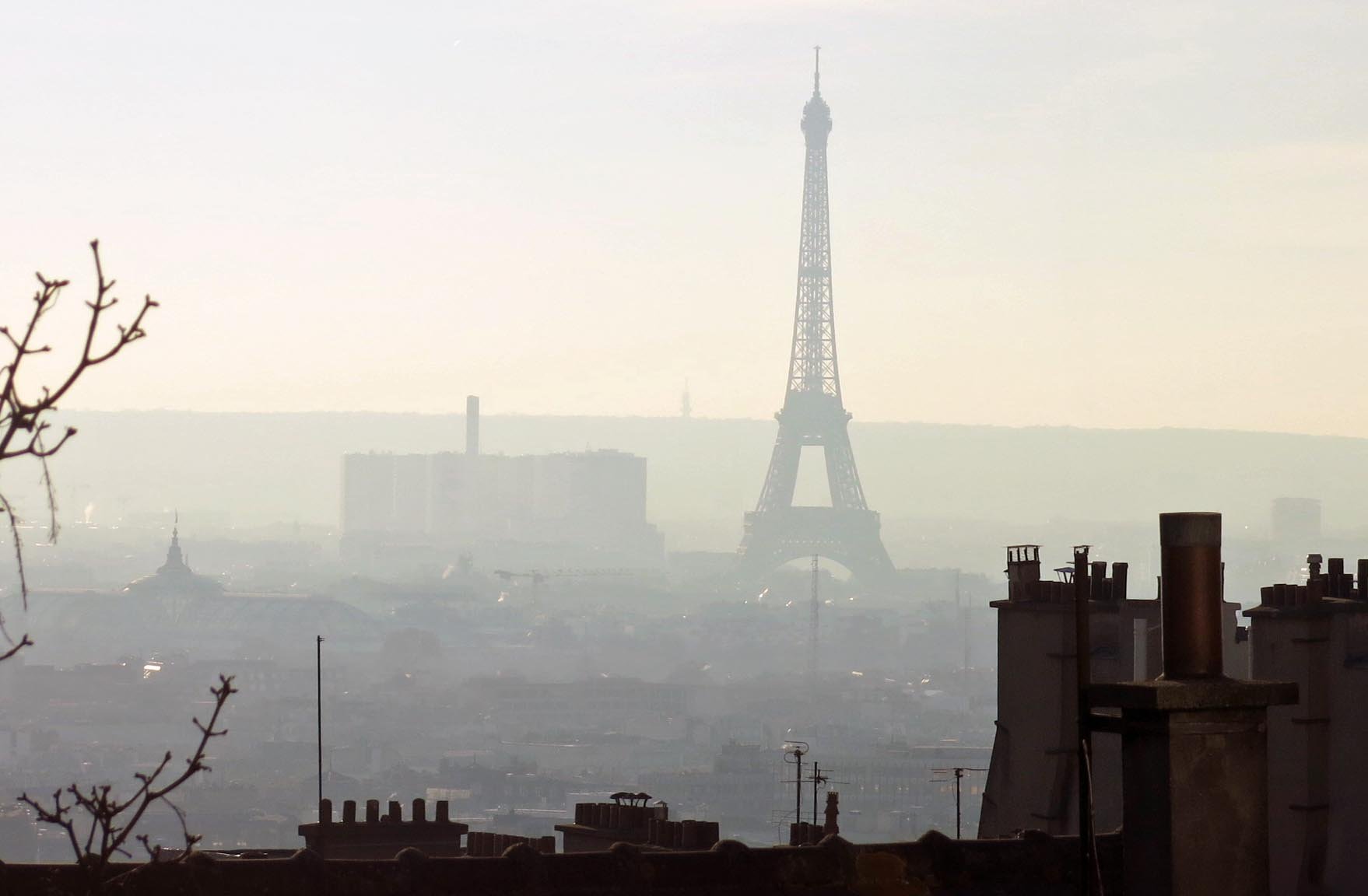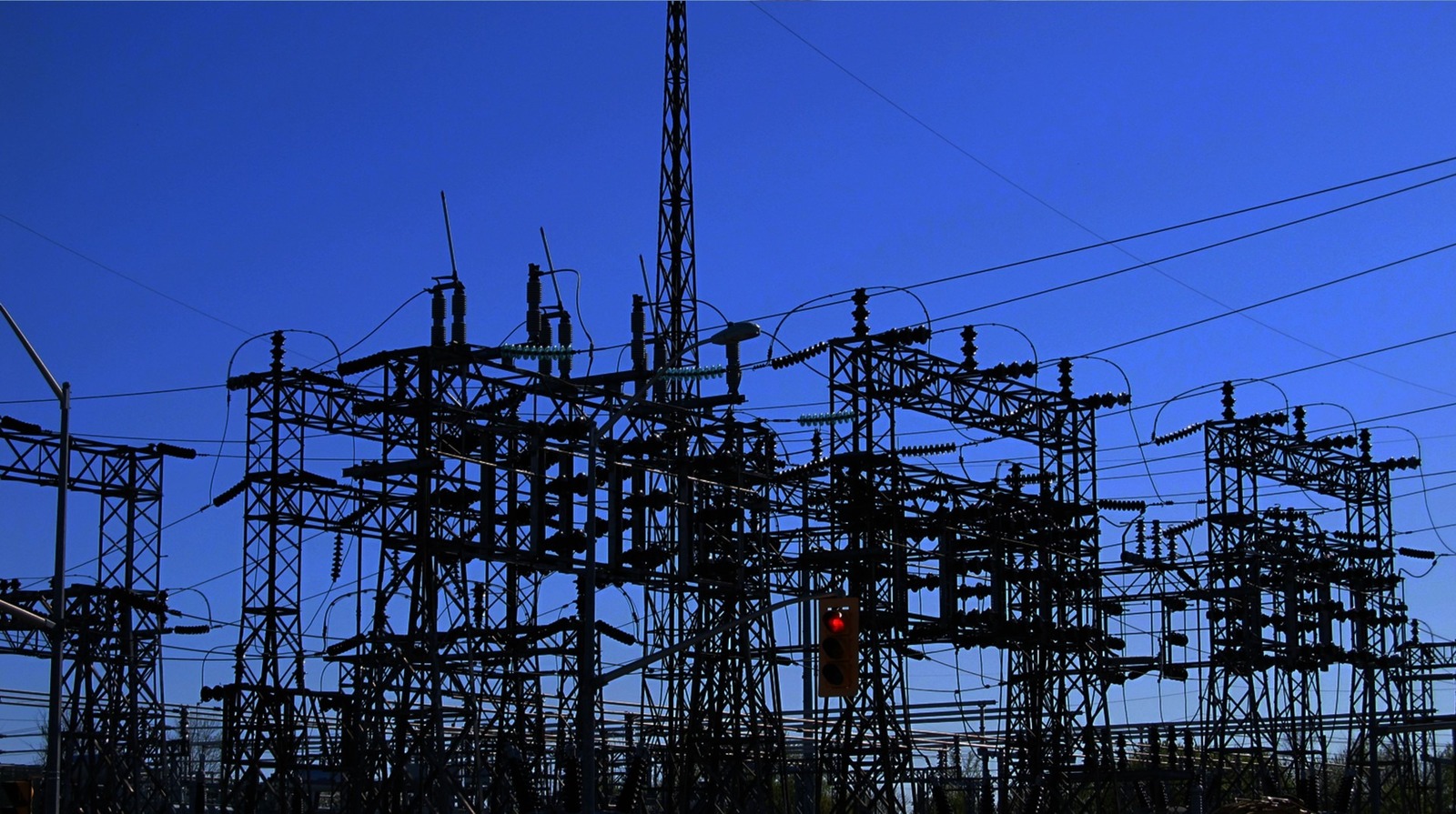Q&A: China and Europe likely to see different effect of coronavirus-related air pollution drop
In March, a study revealed that between 50,000 and 100,000 deaths could be avoided this year in China if air pollution stayed at the same level as during the coronavirus lockdown. While other parts of the world have also seen improvements in air quality, the impact in Europe is likely to be less dramatic than for China, … Read more

